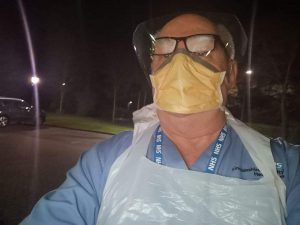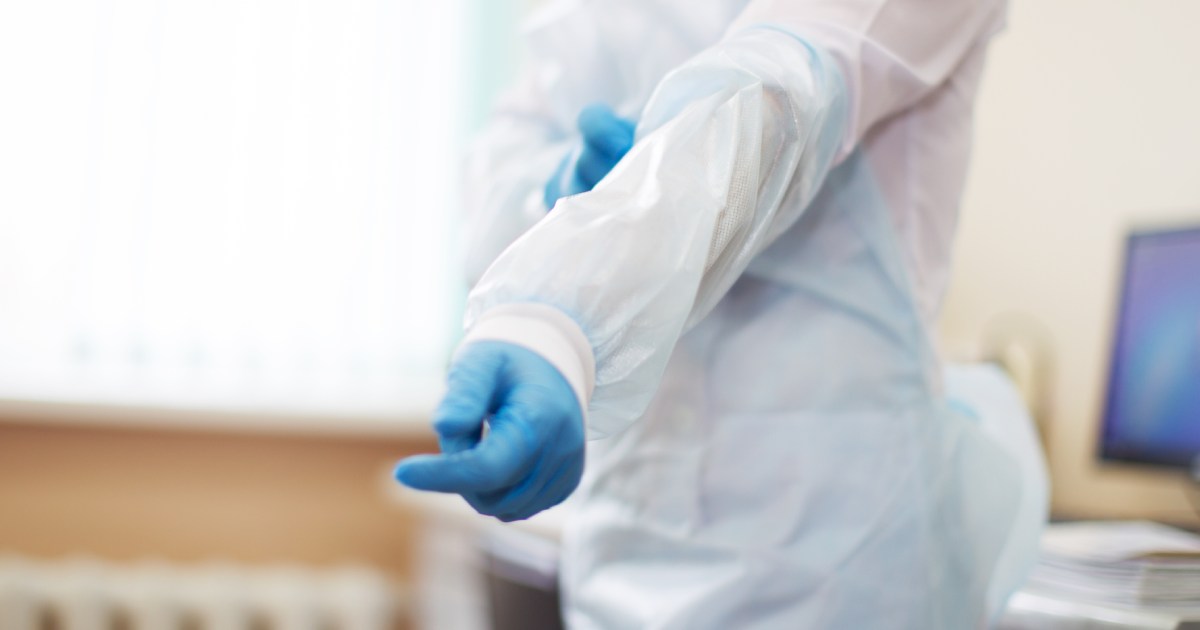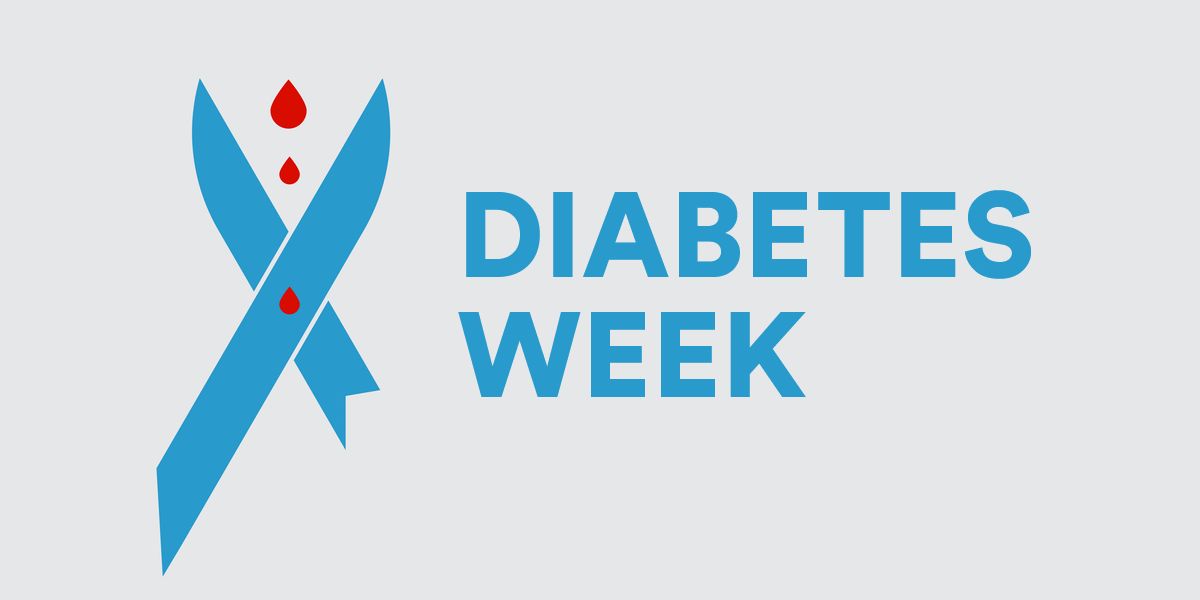As part of our series of interviews with heroes keeping our hospitals running during the COVID-19 coronavirus crisis, we got in touch with Bruce Woolfit.
Working for the NHS
Bruce works as an emergency care support worker for the NHS, at one of the three main hospitals in Lincolnshire. He was also diagnosed with type 2 diabetes in 2000 and begun managing it with insulin in 2006. One of the biggest obstacles he faces at work is his night shifts.
Managing blood sugar levels while working night shifts can be exceptionally hard, especially when there are no set times for breaks. Many night workers see their blood sugars creeping upward. Bruce told us that he generally tests his blood sugar levels 3-4 times per day and more so at work as he is driving and has no set meal breaks.
Food and the family
Bruce lives with his wife, and for this couple, food is a team effort. Bruce’s wife is highly supportive and helpful when it comes to what he has to eat; she prepares his packed lunches to take to work, which often include tuna and oily fish. At home, she is conscious of the food on the table at mealtimes. During the coronavirus pandemic, shops like Sainsburys and M&S food halls have been fantastic to people like Bruce, allowing NHS staff in at certain times when there are not so many people about. This has made it much easier to keep up good social distancing, something Bruce said helped him to feel at ease, while still having access to good, nutritious foods.
Keeping moving
Of course, getting enough exercise has always been important, but nowadays we have to take extra care to make sure we get enough per week. We asked Bruce what exercise looks like for him following the coronavirus outbreak. He said that on his days off from work, he maintains regular daily exercise with his golden retriever, out and about at the parks, but of course, always keeping social distancing in mind.
Staying safe
Personal protective equipment (PPE) is key to keeping our healthcare workers safe, and Bruce is not any different. He has been very vigilant with his PPE, simply stating that “we can’t take any chances.” It is important to remember that people with diabetes are generally more prone to catching illnesses.

His team leader and colleagues have been a huge help, keeping Bruce as safe as possible. He doesn’t go on house calls to see patients confirmed with COVID-19 if it is possible for one of his colleagues to go in his stead. They also work in a secure ward, meaning that the patients that come into the ward for an appointment have already been vetted by the 111 nurse, then triaged by the NHS practitioner, so they have a good idea what is wrong with the patient before they step inside the building. The knowledge of their patients’ conditions and control over the flow of patients through their ward mean that they can limit Bruce’s exposure, let him continue his hard work, and reduce his risk of contracting the virus.
What does Bruce want to say to you?
When asked for tips to pass on to other people with diabetes, Bruce made it clear: talk to other people in similar situations. They are probably experiencing similar worries or thoughts, and it can help to reduce the stress of these unprecedented times. He added that PPE is incredibly important, and for other workers not to forego it. And, above all, be wary and follow the Government’s advice.
Bruce wanted us to share his story, to show how he is managing at work with his type 2 diabetes. It can be done, and he is thinking of all the other key workers with diabetes every step of the way.
Read more:
- Coronavirus: should I be worried
- Update for those vulnerable to Coronavirus
- Dr Dipesh Patel on diabetes and vulnerability to COVID-19
- Rhonda Green: Working on the frontline with type 1 diabetes
- Laura Thornton: A diabetes hero on the Coronavirus frontline
- Joanne Wignall: Working on the hospital frontline with type 1 diabetes






